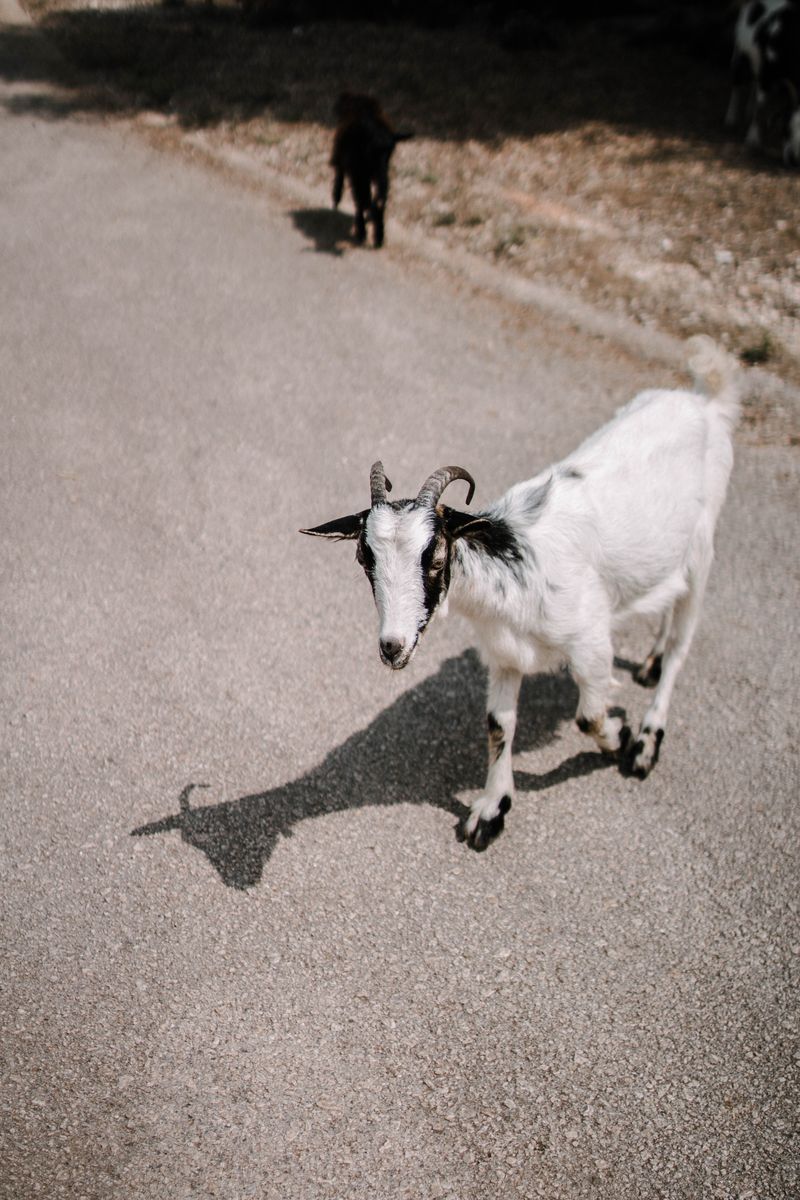Gary Lineker Accused of Goat Cruelty by Animal Rights Group
The Allegations
Gary Lineker, former professional footballer and popular sports commentator, has been accused of goat cruelty by an animal rights group. The accusations leveled against Lineker are serious, and they have sparked a discussion about the treatment of animals in various industries, particularly the fashion industry’s use of mohair.
The Controversy Surrounding Mohair
Mohair, a luxurious material made from the hair of the Angora goat, has been under scrutiny due to allegations of animal cruelty. Animal rights organizations have claimed that goats used for mohair production are subjected to inhumane treatment, including shearing practices that cause pain and distress.
The allegations against Lineker come at a time when many high street stores, including Marks & Spencer, Gap, H&M, and Zara, have banned the use of mohair in their products. This acknowledgment of the concerns raised by animal rights activists reflects a growing demand for more ethical and sustainable practices in the fashion industry.
The Accusations Against Lineker
The animal rights group has accused Lineker of directly contributing to the suffering of goats through his association with a company that uses mohair in its clothing lines. While it is important to note that Lineker has not made any public statements regarding these allegations, the accusations have led to a broader conversation about the responsibility of celebrities and public figures in carefully choosing the brands they endorse.
Ethics and Celebrity Endorsements
The controversy surrounding Lineker’s alleged involvement in goat cruelty raises important questions about the ethics of celebrity endorsements. As public figures, celebrities have significant influence over consumer choices, and their association with specific brands can either support or undermine ethical practices.
While it is not fair to assume that Lineker was aware of any unethical treatment of goats associated with the company he endorsed, it underscores the need for celebrities to exercise due diligence when entering into endorsement deals. They should thoroughly research the brands they align with, ensuring that they uphold ethical standards and do not engage in practices that harm animals or the environment.
The Importance of Ethical Fashion
The decision by several high street stores to ban mohair highlights the growing importance placed on ethical fashion by consumers and industry leaders. As consumers become more aware of the environmental and ethical impact of their purchasing decisions, they are demanding greater transparency from brands. This has forced many companies to reevaluate their supply chains and adopt more sustainable and humane practices.
Ethical fashion emphasizes fair treatment of workers, sustainable sourcing of materials, and the welfare of animals involved in the production process. By supporting brands that align with these principles, consumers can contribute to a positive change in the industry and encourage companies to prioritize ethical practices.
The Role of Legislation and Regulation
While individual choices, such as celebrity endorsements and consumer purchases, can drive change, it is crucial for governments to play an active role in regulating the fashion industry. Strong legislation and regulation can enforce ethical standards, ensuring that brands adhere to humane practices and transparent supply chains.
Governments should work with industry experts, animal rights organizations, and fashion industry stakeholders to develop comprehensive regulations that protect the welfare of animals involved in the production process. By doing so, they can foster an environment where ethical fashion becomes the norm, rather than the exception.
Conclusion
The accusations of goat cruelty against Gary Lineker have opened up a larger discussion about the treatment of animals in the fashion industry. The controversy surrounding mohair and its widespread ban by high street stores underscores the growing demand for ethical and sustainable practices.
Celebrities, like Lineker, have a responsibility to carefully consider the brands they endorse, ensuring that they do not support companies engaged in unethical practices. Consumers, in turn, should prioritize ethical fashion choices to create demand for more sustainable and humane products.
Ultimately, both individual choices and collective action through legislation and regulation play a crucial role in driving positive change within the fashion industry. By working together, we can strive for a future where animals are treated with respect and compassion, and fashion becomes truly ethical.

<< photo by Djordje Petrovic >>
The image is for illustrative purposes only and does not depict the actual situation.
You might want to read !
- “Revelations and Rivalries: Live Updates from Brentford vs Tottenham Premier League Clash”
- Intense Rivalry Reignites: Al Nassr Triumphs over Al Hilal in Arab Club Champions Cup Final
- Saudi Rivalry Reignites: Al Nassr Triumphs with 2-1 Victory over Al Hilal in Arab Club Champions Cup Final
- Title: The Saudi Pro League Triumphs in Europe’s Finest Football Raid
- Dawn Ward’s Terrifying Bed Wetting Ordeal Leading Up to Court Revealed
- “Humanizing Diane: A Call for Fair Treatment”
- Uncertain Skies: A Closer Look at the Emirates Old Trafford Weather Today
- Ben Wallace’s Alleged Rebuke: A Closer Look at Criticizing Ukraine’s Demands
- Scotland’s SPFL: Excitement and Surprises Unfold in Fantasy Football Matchweek 2
- “Unraveling the Enigma: Investigating the Sudden and Mysterious Passing of Lil Tay”




